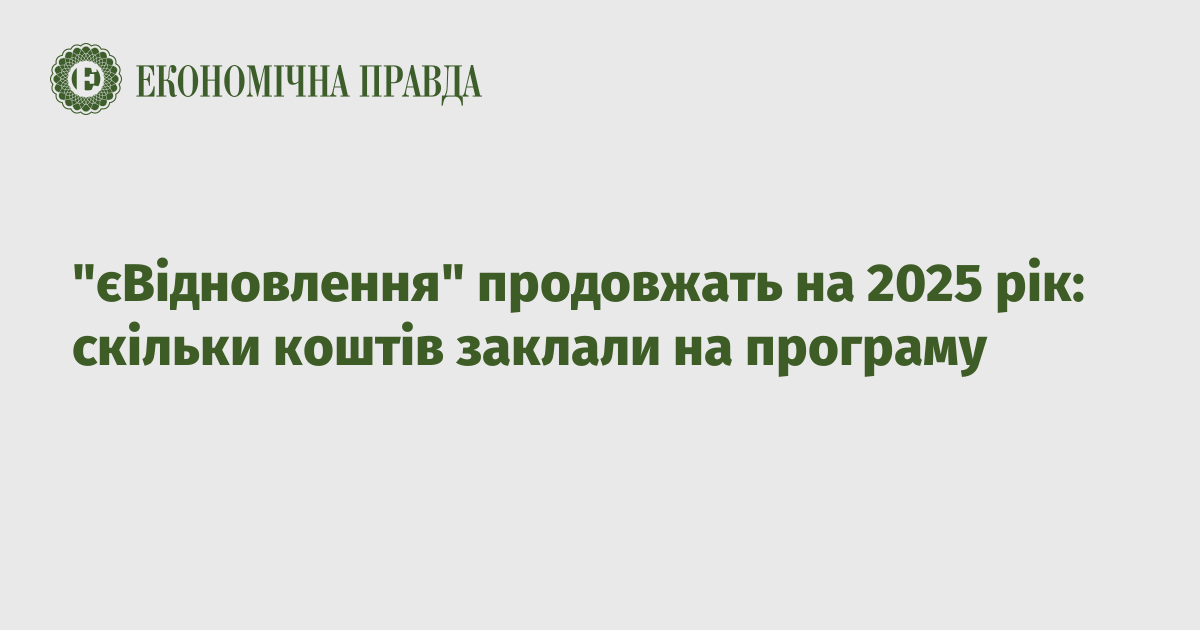“The compensation program for housing damaged and destroyed as a result of Russian aggression will be implemented next year as well. For 2025, UAH 4 billion will be allocated for its financing.”, — write: www.epravda.com.ua
The compensation program for housing damaged and destroyed as a result of Russian aggression will be implemented next year as well. For 2025, UAH 4 billion will be allocated for its financing.
This was announced by the head of the Verkhovna Rada committee on the organization of state power, local self-government, regional development and urban planning, Olena Shulyak.
According to her, UAH 3 billion of the pledged funds will be used for housing certificates for those who lost their homes, another UAH 1 billion will be directed to compensation for damaged property.
At the same time, Shulyak emphasized that this amount is “catastrophically insufficient.”
“I insist that the program should not only continue to support Ukrainians whose homes were damaged or destroyed as a result of Russian aggression, but also expand. There is an urgent need to expand “eRecovery” to temporarily occupied territories. If we don’t do it, they will. occupiers. And it is important not to allow this,” Shulyak emphasized.
The head of the committee reminded that Ukraine continues negotiations with international partners regarding support in financing the program for the next year. In addition, the Development Bank of the Council of Europe, which provided 100 million euros, and the World Bank, which provided 200 million dollars, have already contributed to the financing of “eRecovery”.
Read also: What to do if the housing under the mortgage is damaged or destroyed?
Housing for IDPs: three necessary solutions to restore people’s trust in the state
“There is no money, but you hold on.” Will IDPs from the occupied territories receive housing
We will remind:
Ukraine received EUR 70 million from the Development Bank of the Council of Europe (CDEB) as part of the implementation of the “HOME. Compensation for destroyed housing” project, which is being implemented as part of the “eRecovery” service.
